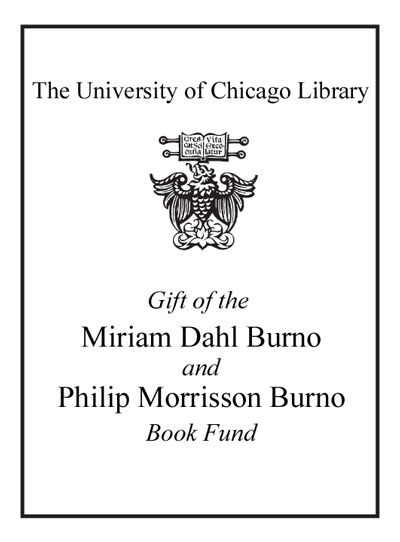Review by Choice Review
Trulock, the director of intelligence for the US Department of Energy's nuclear weapons labs who identified serious security lapses that may have allowed China to advance its thermonuclear weapons programs at least a decade ahead of projections, presents his version of the Los Alamos laboratory security scandal. The author asserts that designs for at least 22 US nuclear warheads were compromised, and that this information may have found its way from China to Pakistan and North Korea. Trulock focused on Wen Ho Lee (Lee's version of the story can be found in Dan Stober and Ian Hoffman's A Convenient Spy, CH, Sep'02), a Chinese scientist working at Los Alamos. Trulock says that his life was turned upside down because of his investigation. He lost his job, had his home computer seized, and was accused of anti-Chinese ethnic profiling, despite an enormous amount of circumstantial evidence compiled against Lee. Even this book, according to the publisher, was held up as government agencies attempted to further burden Trulock with charges of revealing sensitive information. This is a fiery tale of what happens to a whistle-blower who conflicts with the current administration's foreign policy. Is it accurate? Unlike Lee, Trulock passed polygraph examinations regarding his version of events. ^BSumming Up: Recommended. General readers, undergraduates, graduate students, and professionals. E. C. Dolman United States Air University
Copyright American Library Association, used with permission.
Review by Publisher's Weekly Review
Between the 1991 Persian Gulf War and the current crisis over Iraq, neoconservative thinkers such as Kristol (editor of the Weekly Standard) worked to keep Saddam Hussein at the center of the U.S. foreign policy agenda. In this slim, well-argued book, Kristol and Kaplan, a senior editor at the New Republic, cogently make the case for a U.S. invasion of Iraq. The rationale behind the Bush administration's preemptive strategy, they write, is that Saddam Hussein is a dictator who threatens both his own people and the world, and therefore must be stopped before he does further harm. The weaknesses in the authors' case are the same as many find in the administration's-such as that the ties between Saddam and al-Qaeda are unclear, which Kristol and Kaplan acknowledge. But, they continue, "we do know that Saddam is a terrorist." Just as importantly, the book criticizes the policy of both the latter years of the first Bush administration and the Clinton years for allowing the Iraq threat to fester. Both governments had their reasons-Bush I's pragmatism and Clinton's focus on the Israeli-Palestinian conflict-but the world is much worse off, say Kristol and Kaplan. The background for a case for a U.S. strike is articulated well here. (Mar.) (c) Copyright PWxyz, LLC. All rights reserved
(c) Copyright PWxyz, LLC. All rights reserved
Review by Choice Review
Review by Publisher's Weekly Review

